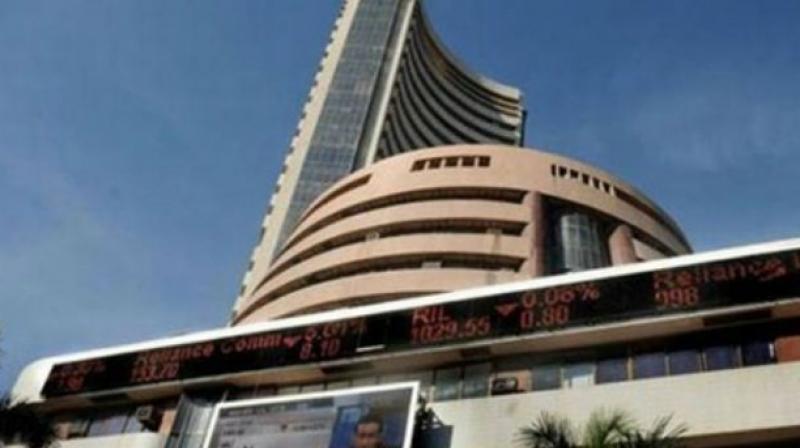RCEP pact: 700 officials from 16 nations to meet in Hyderabad

Hyderabad: About 700 officials from 16 countries including India, China and Australia would gather in Hyderabad in July to negotiate the proposed mega trade deal - RCEP.
This would be the 19th round of negotiations for Regional Comprehensive Economic Partnership (RCEP) agreement. The last meeting was held in the Philippines in May.
The five-day negotiations will start from July 24 and it will be inaugurated by Commerce and Industry Minister Nirmala Sitharaman, an official said.
RCEP aims at liberalising norms for trade in goods and services and boost investment among 16-member countries.
This will be the key round of talks as the member countries have yet to finalise the maximum number of goods on which duties will be eliminated.
As the talks for RCEP requires a big convention centre, the meeting is being organised at the Hyderabad International Convention Centre, which can hold a 6,000-delegates.
It also has 37 breakout rooms including specialised meeting rooms.
Lack of a large convention centre in the national capital had forced the government to host the negotiations at India Expo Mart in Greater Noida near here in December 2014.
The members comprises 10 ASEAN members (Brunei, Cambodia, Indonesia, Malaysia, Myanmar, Singapore, Thailand, the Philippines, Laos and Vietnam) and their six FTA partners – India, China, Japan, South Korea, Australia and New Zealand.
Several of the members want India to eliminate duties on about 90 per cent of traded goods as part of the ambitious RCEP pact.
But, according to experts, it would be difficult for India to agree to this proposal as China is also part of this pact. Indian industry has already raised concerns over widening trade deficit and dumping of goods from China.
The agreement aims to cover goods, services, investments, economic and technical cooperation, competition and intellectual property rights.
On the services side, a key area of interest for India, talks are going slow. Most of the RCEP members are hesitating to open this sector for India.
Easing of norms in services sector results in smooth movement of professionals within this bloc.
The talks for the pact started in Phnom Penh in November 2012. The 16 countries account for over a quarter of the world's economy, estimated to be more than $ 75 trillion.
The negotiations are not likely to conclude this year and may move into the first half of 2018.

